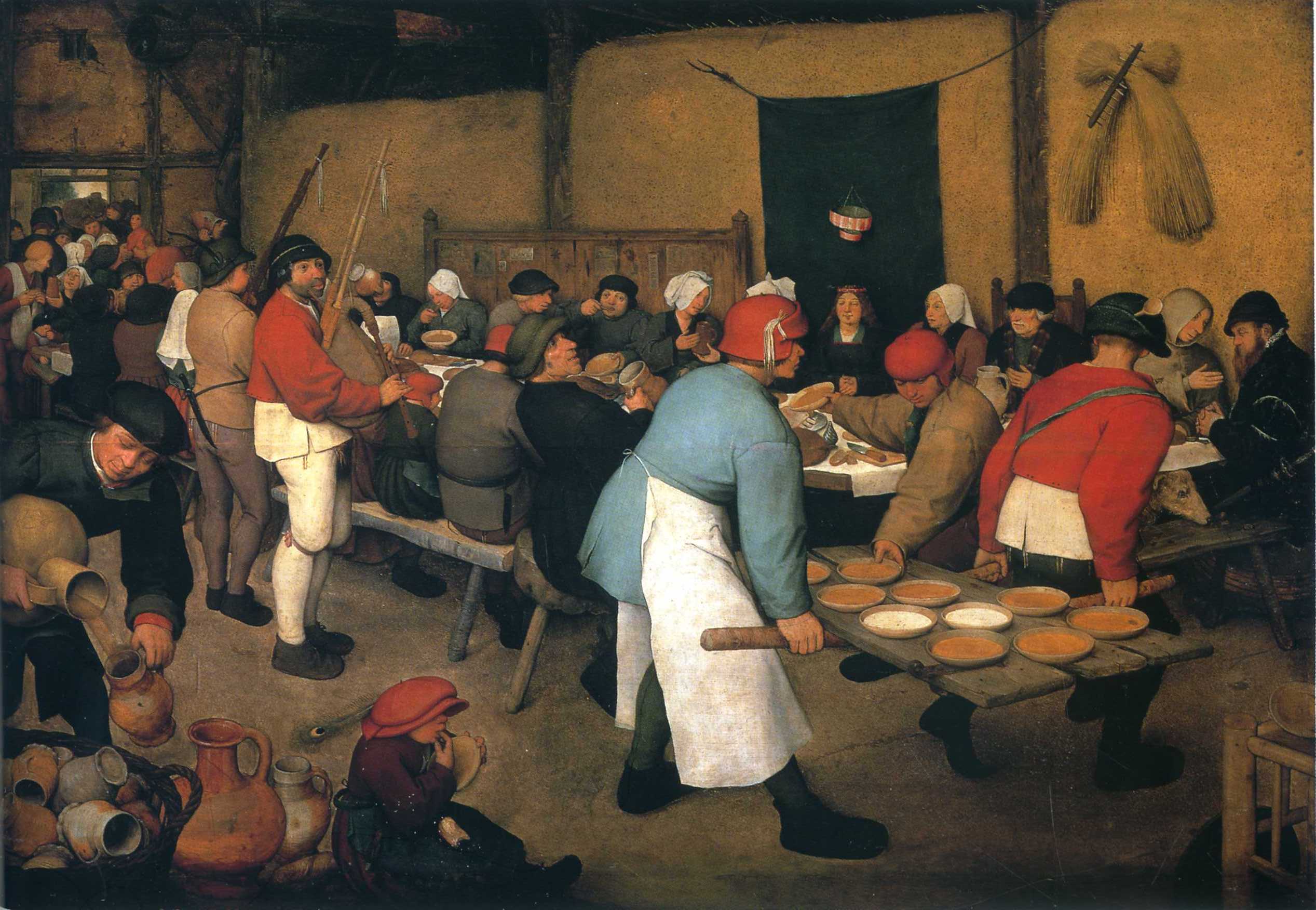Almighty God, you have knit together your elect in one communion and fellowship in the mystical body of your Son Christ our Lord: Give us grace so to follow your blessed saints in all virtuous and godly living, that we may come to those ineffable joys that you have prepared for those who truly love you; through Jesus Christ our Lord, who with you and the Holy Spirit lives and reigns, one God, in glory everlasting. Amen.
Around Halloween, in downtown Tucson or west in the barrio neighborhoods across the river, there is a procession and a celebration, the latter of which somewhat reminds me of Burning Man. It does that because part of the ceremony is lighting a large temporary structure but this one is a brazier basket that holds tokens in memory of loved ones deceased. I have not gone that far, therapeutic though it might be.
What I have done is stood along the parade route, noting people in wild or remarkable costumes, and especially noticing a group marching in memory of people lost in the desert. There were among that group founders of early efforts to reach migrants, including members of Derechos Humanos, Humane Borders, Tucson Samaritans, and No More Deaths, and one of the original Casa Alitas / Casa Mariposa hosts.
We have a lot to mourn in the desert, on behalf of lost loved ones, even anonymous as many of them remain. This festival, and this presence of witnesses, reminds us that these people who have been lost have had lives to be remembered. We can celebrate them even as we deplore their fate. The desert is harsh and unforgiving. We need not be.
https://www.visittucson.org/events/festivals-and-annual-events/all-souls-procession/
1 John 3:1-3Matthew 5:1-12
who thee by faith before the world confessed,
thy Name, O Jesus, be for ever blessed.
Alleluia, Alleluia!
2. Thou wast their rock, their fortress, and their might:
thou, Lord, their Captain in the well-fought fight;
thou, in the darkness drear, the one true Light.
Alleluia, Alleluia!
3. O may thy soldiers, faithful, true, and bold,
fight as the saints who nobly fought of old,
and win, with them, the victor's crown of gold.
Alleluia, Alleluia!
4. O blest communion, fellowship divine!
We feebly struggle, they in glory shine;
yet all are one in thee, for all are thine.
Alleluia, Alleluia!
5. And when the strife is fierce, the warfare long,
steals on the ear the distant triumph song,
and hearts are brave again, and arms are strong.
Alleluia, Alleluia!
6. The golden evening brightens in the west;
soon, soon to faithful warriors cometh rest;
sweet is the calm of paradise the blest.
Alleluia, Alleluia!
7. But lo! there breaks a yet more glorious day;
the saints triumphant rise in bright array;
the King of glory passes on his way.
Alleluia, Alleluia!
8. From earth's wide bounds, from ocean's farthest coast,
through gates of pearl streams in the countless host,
singing to Father, Son, and Holy Ghost:
Alleluia, Alleluia!
The Hymnal 1982: according to the use of the Episcopal Church #287

